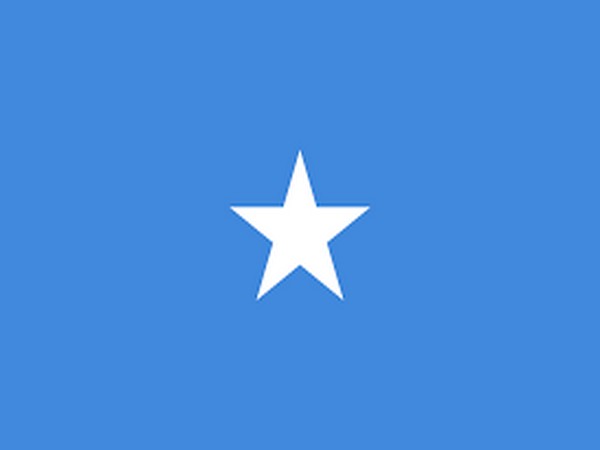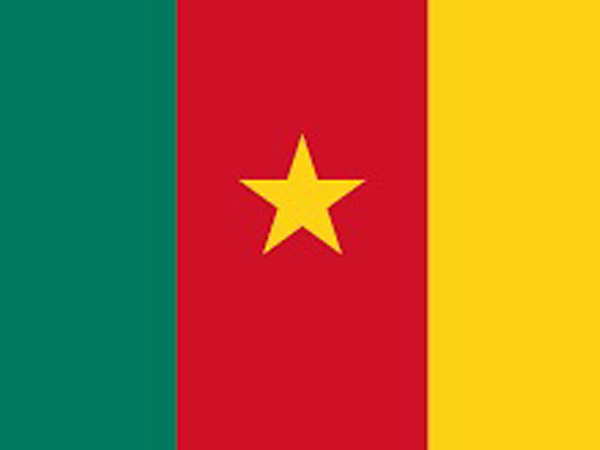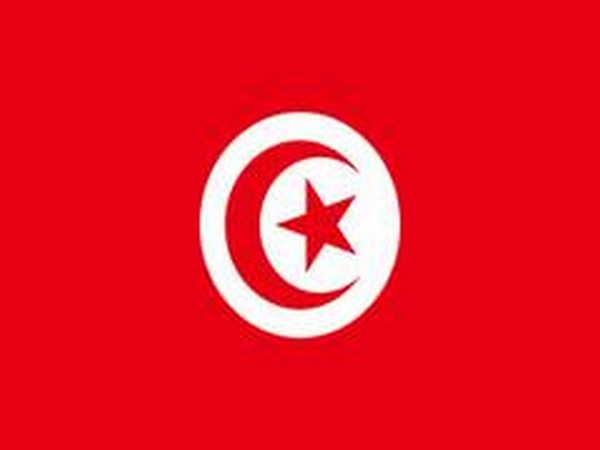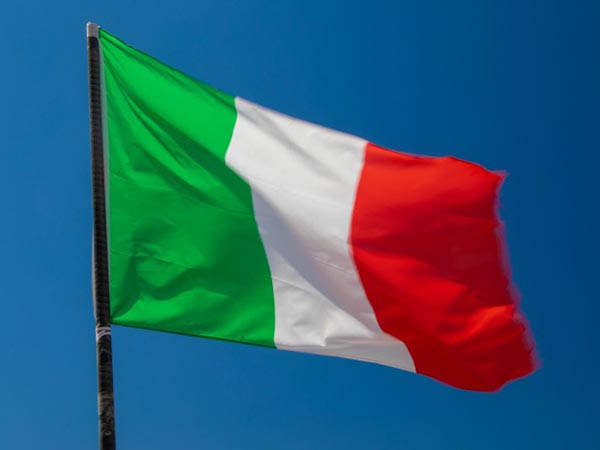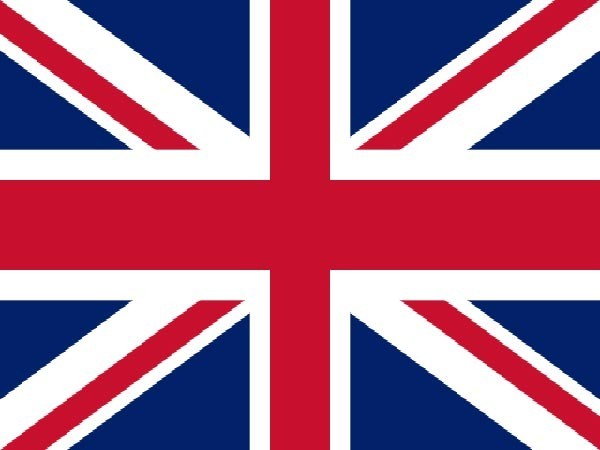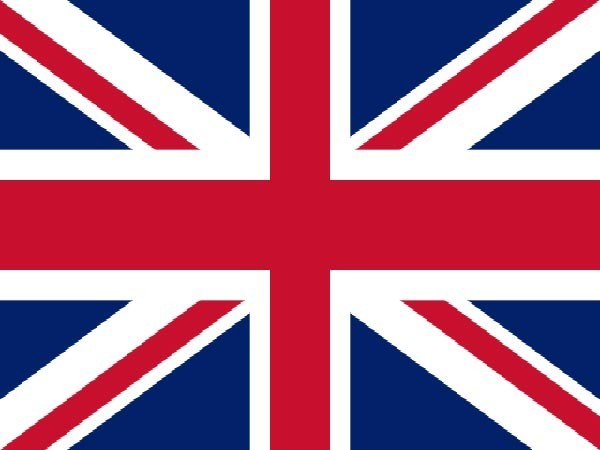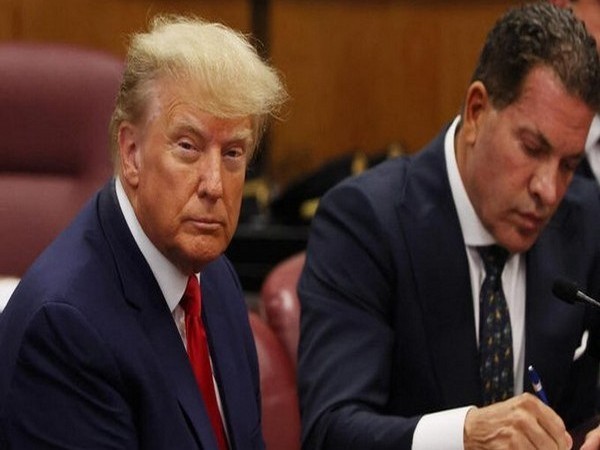Somalia accuses Ethiopia of seeking to annex Somaliland
Feb 19, 2024
Addis Ababa [Ethiopia], February 19: Somalia accused Ethiopia on Saturday of trying to annex part of the country's territory by signing a sea access deal with the breakaway region of Somaliland.
Somali President Hassan Sheikh Mohamud told reporters as he arrived for an African Union (AU) summit in Addis Ababa that Ethiopia and Somaliland had signed an agreement that is "nothing more than annexing part of Somalia to Ethiopia, and changing the borders of Somalia."
The maritime deal which has not been made public appears to give Ethiopia the right to build a port and naval base along 12 kilometers (7.5 miles) of Somaliland's coast under a 50-year lease.
The deal also grants Ethiopia access to the strategically important Gulf of Aden and the Red Sea.
In return, Ethiopia has agreed to recognise Somaliland, which is still claimed by Somalia, although the territory has enjoyed de facto independence for the past three decades.
Mohamud claimed senior officers from Ethiopia's military were in Somaliland "preparing the ground" for the territory's annexation.
Also Saturday, Mohamud accused Ethiopian security forces of trying to block him from accessing the summit.
"This morning when I prepared myself to come and attend the closed session of the summit, the Ethiopian security blocked my way," he told reporters, after later gaining entry.
Somalia's Foreign Ministry described the incident as "outrageous conduct" and called for a full investigation by the pan-African body.
Ethiopia insisted Mohamud was warmly welcomed and said that the Somali delegation was only blocked when its security detail tried to enter a venue with weapons.
Somaliland - a former British protectorate - is a self-governing region of Ethiopia, but declared independence in 1991 in a move not recognized by Mogadishu or the international community.
While Somaliland is largely stable, Somalia has witnessed decades of civil war and an Islamist insurgency by the Al-Shabab militant group.
Ethiopia, meanwhile, is the second most populous country in Africa. It was cut off from the coast after Eritrea seceded in 1993.
Since then Ethiopia has been using the port in neighboring Djibouti for most of its imports and exports.
In his opening address, the feud between Somalia and Ethiopia was described as one of a "litany of difficulties" by AU Commission chief Moussa Faki Mahamat.
Faki also spoke of "worrying trends" in the Horn of Africa without directly referring to the maritime pact but said respect for the sovereignty of all countries in the region was crucial.
Faki painted a "bleak picture" for the continent, telling African leaders they now needed to tackle the myriad conflicts, coups and political crises blighting the continent.
Gabon and Niger were absent from the summit following their suspension over coups last year. Mali, Guinea, Sudan and Burkina Faso are also barred for similar reasons.
As well as political instability, African nations face worsening impacts from climate change, poverty and economic crises, alongside the marginalisation of women and young people in development and leadership, Faki said.
A further crisis facing the bloc was narrowly avoided over the one-year rotating AU chairmanship, which was transferred on Saturday from Comoros to Mauritania.
The succession had long been blocked by an Algeria-Morocco dispute.
Source: Times of Oman
